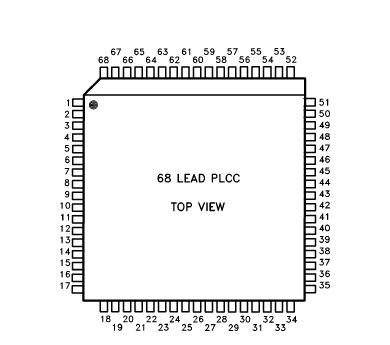UPI-452: Features: 83C452/80C452:3.5 to 14 MHz Clock Rate Software Compatible with the MCS-51 Family 128-Byte Bi-Directional FIFO Slave InterfaceTwo DMA Channels256 c 8-Bit Internal RAM 34 Additional Special...
floor Price/Ceiling Price
- Part Number:
- UPI-452
- Supply Ability:
- 5000
Price Break
- Qty
- 1~5000
- Unit Price
- Negotiable
- Processing time
- 15 Days
SeekIC Buyer Protection PLUS - newly updated for 2013!
- Escrow Protection.
- Guaranteed refunds.
- Secure payments.
- Learn more >>
Month Sales
268 Transactions
Payment Methods
All payment methods are secure and covered by SeekIC Buyer Protection PLUS.

 UPI-452 Data Sheet
UPI-452 Data Sheet







